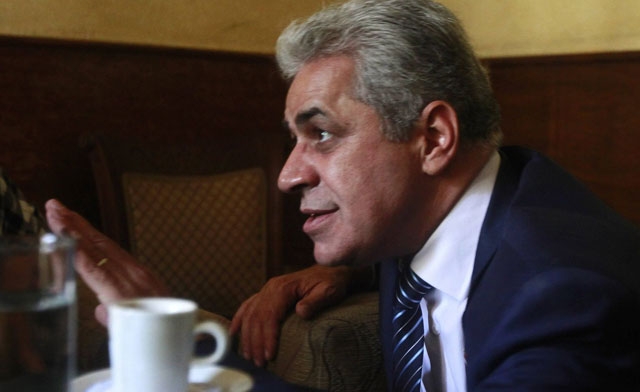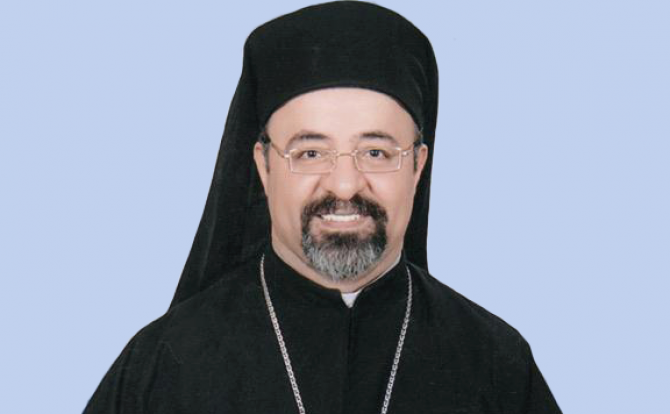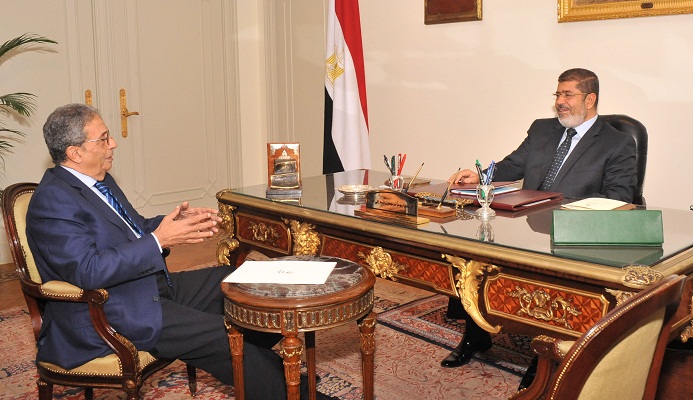Sabahy enters presidential race; decision widens Tamarod rift
The presidential hopeful announces the decision after months of consideration
Sabahy launches presidential race, announces candidacy ‘on one condition’
Former presidential hopeful calls for national consensus naming “candidate of the revolution”
Al-Tayar Al-Sha’aby launches campaign to document security violations
Movement reiterates support for state’s anti-terrorism measures yet stresses importance of respecting…
El-Moslimany meets Al-Tayar Al-Sha’aby
Al-Tayar Al-Sha’aby leader Sabahy expresses support for roadmap
Egyptian leaders express support for refugees
Politicians cite Egypt’s “pan-Arab” role
Coptic Catholic Patriarch inaugurated
Bishop Ibrahim Isaac: ‘We pray for the president to be guided by…
Morsy discussed constitution with Moussa, Aboul Fotouh, Sabahi
Attempting to reach a national consensus, Morsy opts for dialogue





